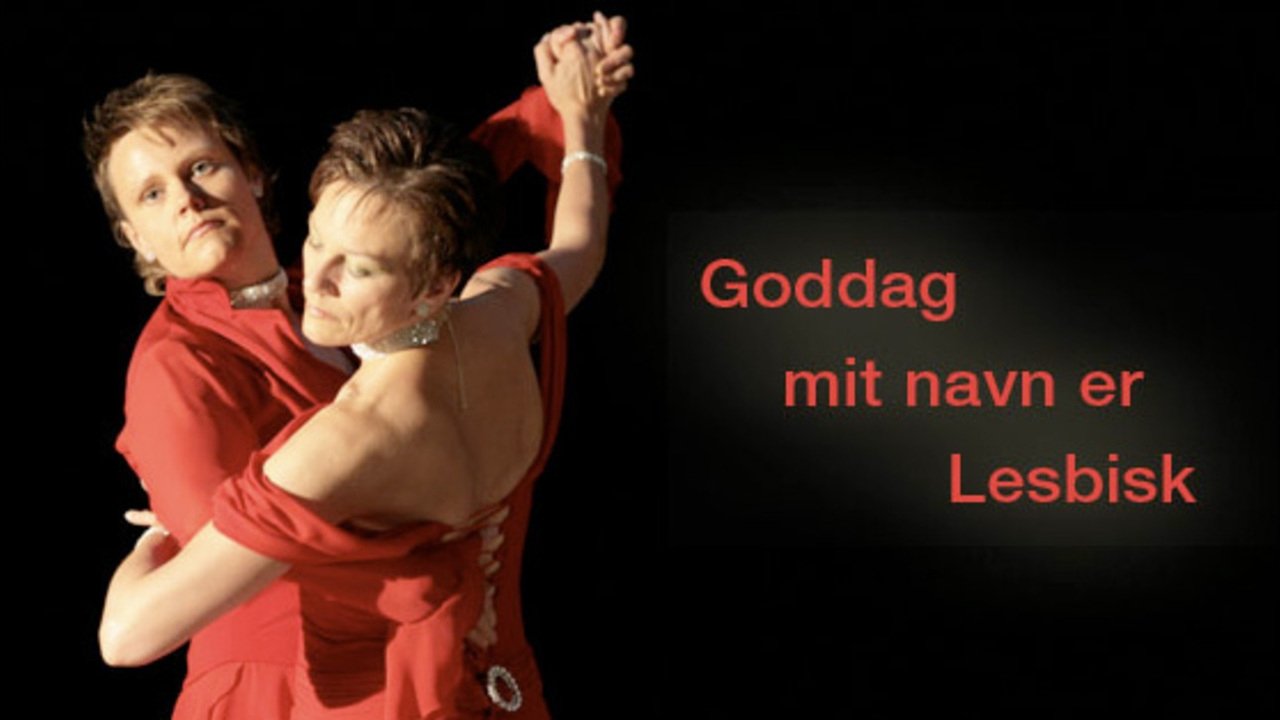
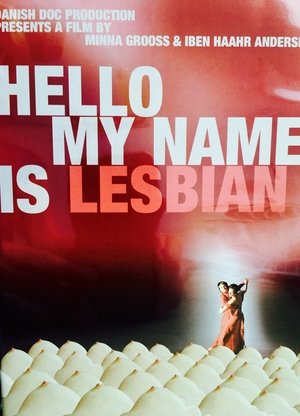
Hello, My Name Is Lesbian(2009)
Hello, My Name Is Lesbian shows modern lesbian lifestyle and culture in all it’s diversity as it is lived in one of the most sexually liberated countries in the world. Set against historic footage from the last five decades, women aging from 19 to 84, share their views on sex, family gatherings, parental roles, night life and careers: every facet of the lives we lead, viewed through the eyes of women who have chosen identities departing from the norm.
Movie: Hello, My Name Is Lesbian

Goddag mit navn er Lesbisk
HomePage
Overview
Hello, My Name Is Lesbian shows modern lesbian lifestyle and culture in all it’s diversity as it is lived in one of the most sexually liberated countries in the world. Set against historic footage from the last five decades, women aging from 19 to 84, share their views on sex, family gatherings, parental roles, night life and careers: every facet of the lives we lead, viewed through the eyes of women who have chosen identities departing from the norm.
Release Date
2009-01-01
Average
0
Rating:
0.0 startsTagline
Genres
Languages:
DanskKeywords
Similar Movies
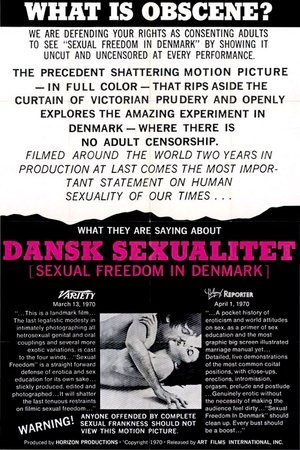 5.0
5.0Sexual Freedom in Denmark(en)
Starting as a documentary on the sexually liberated culture of late-Sixties Denmark, Sexual Freedom in Denmark winds up incorporating major elements of the marriage manual form and even manages to squeeze in a montage of beaver loops and erotic art. All narrated with earnest pronouncements concerning the social and psychological benefits of sexual liberation, the movie, is a kind of mondo film dotted with occasional glimpses of actual sex.
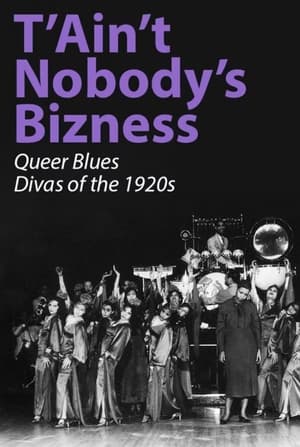 0.0
0.0T'Ain't Nobody's Bizness: Queer Blues Divas of the 1920s(en)
The 1920s saw a revolution in technology, the advent of the recording industry, that created the first class of African-American women to sing their way to fame and fortune. Blues divas such as Bessie Smith, Ma Rainey, and Alberta Hunter created and promoted a working-class vision of blues life that provided an alternative to the Victorian gentility of middle-class manners. In their lives and music, blues women presented themselves as strong, independent women who lived hard lives and were unapologetic about their unconventional choices in clothes, recreational activities, and bed partners. Blues singers disseminated a Black feminism that celebrated emotional resilience and sexual pleasure, no matter the source.
Drømmen om i Morgen(en)
Social democracy propaganda film about future dreams for Denmark in 1960. Although Denmark is free again, the former opponent and worker, Svend, is disillusioned: "It is all something soft". The dream of the future is incarnated by a young woman, Karen, who shows Svend the visions of a better life in the 'youth's land'. There are homes and a nuclear-powered car for everyone.
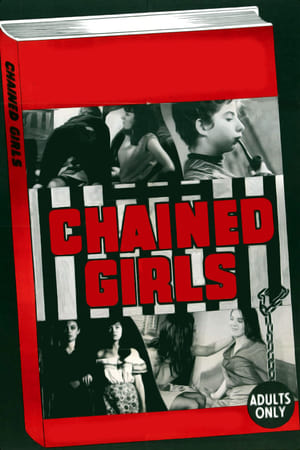 4.1
4.1Chained Girls(en)
This exploitation classic purports to expose the secrets of the 1960s lesbian underworld.
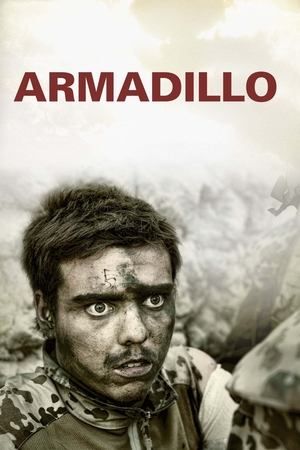 7.0
7.0Armadillo(da)
Danish soldiers are sent to Afghanistan in 2009 for 6 months, to help stabilize the country against the Taliban. They're stationed on Armadillo military base in Helman province. Unlike other war movies, this is the real deal – no actors.
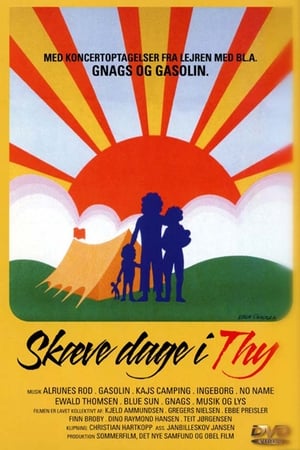 5.7
5.7Skæve dage i Thy(da)
Documentary about the construction of Thy Lejren in 1970 - an alternative summer camp. Features concerts by bands such as Gasolin' and Gnags.
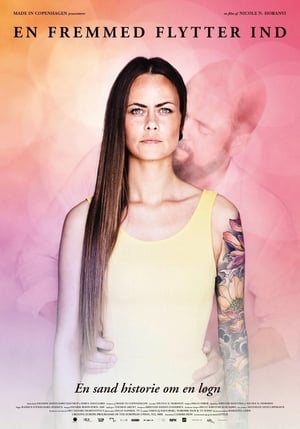 4.5
4.5The Stranger(da)
Amanda has found the perfect man online - he's kind, funny and the heir to one of the richest families in Denmark. She lets him into her home and life, but is he really who he says he is?
 6.8
6.8Meine alles außer gewöhnliche Familie(de)
It is normal for 15-year-old Linn to have two mothers. But when she finds out that there are still numerous siblings, she realizes that she is part of an extraordinary extended family. Her father Eike not only had an appointment with Linn's mothers to donate sperm, Petra and Anny also have three children with him. A film crew followed this rainbow family for twelve years.
 0.0
0.0The Raven and the Seagull(da)
The relationship between Greenland and Denmark is full of fantasy and myths. And these are exactly what Danish artist Lasse Lau reflects upon – and in turn documents – in his first feature-length film. But how do you give a form to the Greenlandic experience when you are an outsider yourself? Lau has created a sensitive film about authenticity and recreation by letting both elements become a part of the work, together with his performers. But also by watching and listening intently. The colonial history is entrenched in both Greenland's infinitely beautiful landscapes and in the collective consciousness. But so is the willingness to break with it and look ahead with a new political self-awareness. 'Lykkelænder' is the result of a long-term research project, but talks about its extremely complex topics in a way that grounds the postcolonial perspective in a recognisable life experience. It does so with both a sense of humour and with emphasis.
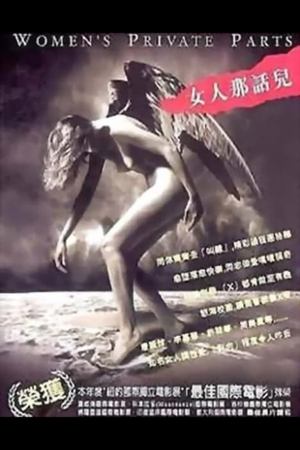 4.0
4.0Women's Private Parts(zh)
Barbara Wong interviews HK women (of all ages (even 4 year olds), all walks of life, all sexual preferences, singles, wives, mistresses, prostitutes) with an all women crew and gets some wild and frank responses. The documentary is bold, honest, funny and touching. Highly recommended to any man who wants to understand women better and any woman who wants a fun girls' night out.
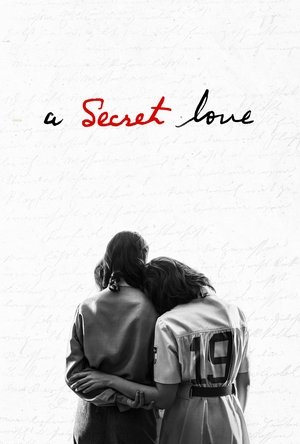 7.3
7.3A Secret Love(en)
Amid shifting times, two women kept their decades-long love a secret. But coming out later in life comes with its own set of challenges.
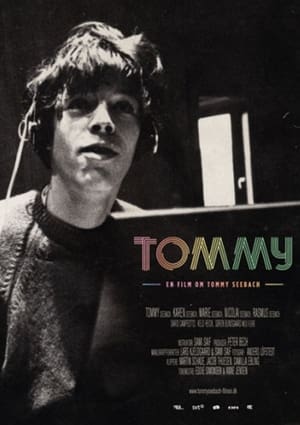 8.3
8.3Tommy(da)
Tommy Seebach Mortensen; or just Tommy Seebach to the whole nation; were born in Copenhagen in 1949 and passed away far too early in 2003. "Tommy" received four stars out of six by Politiken,[6] Berlingske Tidende[7] and Ekstra Bladet;[8] B.T. awarded it six stars out of six.[9] Dagbladet Information described it as "... a story of an artist who became a victim of the musical genre which he himself had helped innovate, and who, instead of gaining the broad recognition he had longed for his entire life, ended up with a status somewhere in between national heritage and kitsch clown..."[10] Politiken called the film "worthy, worth seeing and moving", Ekstra Bladet "a moving portrait of a man caught between the music, his family and the bottle".
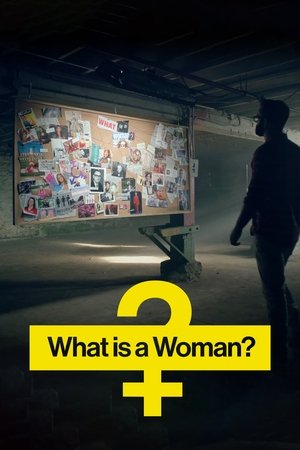 6.8
6.8What Is a Woman?(en)
Matt Walsh's controversial doc challenges radical gender ideology through provocative interviews and humor.
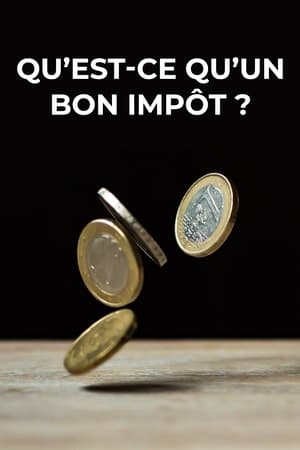 6.0
6.0What Is a Good Tax?(fr)
Too high, misused, unfair... a large part of the French and Europeans criticize taxes. From tax-rascal to tax revolt, the movement of yellow vests in France has returned to the center of attention the question of consent to tax. How to explain a different resistance to taxes from one country to another without tax pressure being an explanation? Is there a "good" tax? Jean Quatremer takes us on a journey to the tax center across Europe, to meet those who pay it, those who decide it, those who study it... or those who allow to avoid it.
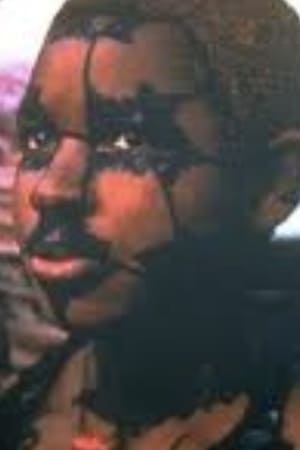 0.0
0.0Monday's Girls(en)
"Monday's Girls" explores the conflict between modern individualism and traditional communities in today's Africa through the eyes of two young Waikiriki women from the Niger delta. Although both come from leading families in the same large island town, Florence looks at the iria women's initiation ceremony as an honor, while Azikiwe, who has lived in the city for ten years, sees it as an indignity.
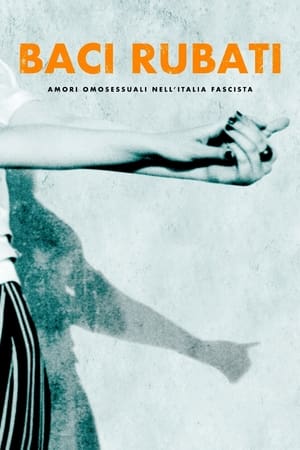 6.0
6.0Stolen Kisses: Homosexual Love in Fascist Italy(it)
Through letters, diaries and personal testimonies, an account of the complexity and variety of experiences of LGBT Italians during the Fascist dictatorship of Benito Mussolini (1922-43); intimate words that contrast with the lyrics of popular songs and the propaganda of the time, obsessed with extolling the myths of virility, femininity and motherhood and constrained by sexual repression.
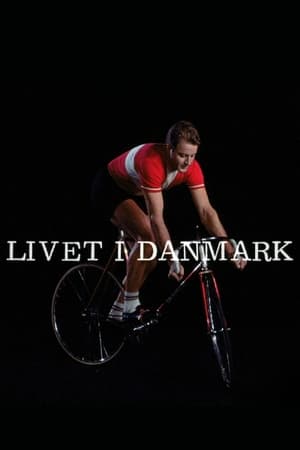 8.0
8.0Life in Denmark(da)
The intention of the film is to give an impression of what small exotic Denmark looks like, what the strange Danes look like and how they are. Nearly 100 Danes are presented in the film, amongst them a racing cyclist, a Minister of Finance, a popular actor and 13 unmarried women from a provincial town. "There is too much fogginess and rain and melancholy in most of the pictures of Denmark," says Jørgen Leth. "But not in my film. I would like to show you some authentic, clear and beautiful pictures from this strange country."
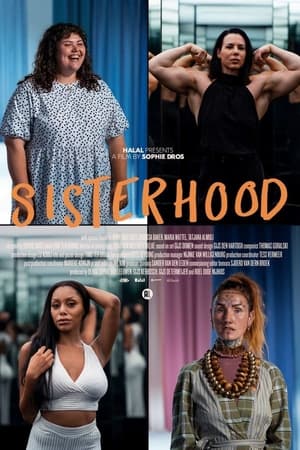 0.0
0.0Sisterhood(nl)
Filmmaker Sophie Dros enters into a dialogue with strong women in a powerfull document about being a woman in the Netherlands today. Inspired by Simone de Beauvoir's essay The second sex, filmmaker Sophie Dros (winner of the NFF Debut Competition 2017) talks to four women and a group of young girls. Together they go in search of universal stories; about dealing with expectations, empathy and connection, desires, fear, need for confirmation and losing control.
